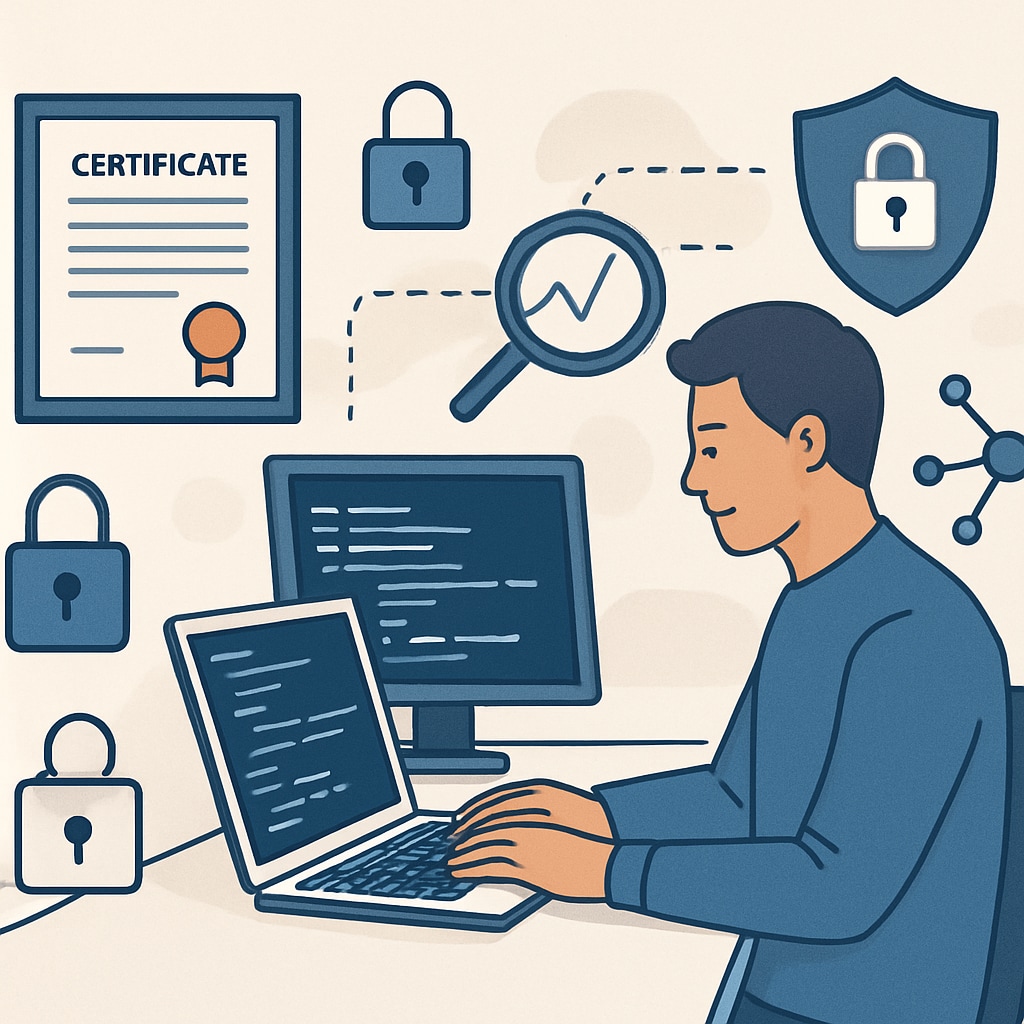Does university reputation hold the key to a successful career in cybersecurity? For many aspiring professionals, especially graduates from non-elite institutions like the University of Maryland Global Campus (UMGC), this is a pressing question. While prestigious schools might offer a certain advantage, the reality of the cybersecurity industry often places more weight on skills, certifications, and hands-on experience than on the name of your alma mater. In this article, we’ll explore how university reputation impacts job opportunities in cybersecurity and provide actionable strategies for breaking through the so-called “degree ceiling.”
Why Skills and Certifications Outweigh University Prestige
Cybersecurity is a dynamic and skill-based field where practical knowledge and certifications often outshine academic pedigree. Employers prioritize candidates who can demonstrate their ability to tackle real-world threats effectively. For example, certifications like CompTIA Security+, Certified Information Systems Security Professional (CISSP), and Certified Ethical Hacker (CEH) are highly valued in the industry. These credentials signal to employers that you possess the technical expertise required to secure their systems.
Moreover, the cybersecurity skills gap has created an environment where demonstrated ability is more critical than the prestige of your degree. A 2022 (ISC)² Cybersecurity Workforce Study highlighted that 70% of hiring managers prioritize skills and certifications over formal education. This trend underscores that the industry’s emphasis is on what you can do, not necessarily where you studied.

Breaking Through the “Degree Ceiling” as a UMGC Graduate
For graduates of institutions like UMGC, which may not carry the same prestige as Ivy League schools, focusing on alternative ways to stand out is essential. Here are strategies to overcome the “degree ceiling” and position yourself as a competitive candidate in the cybersecurity job market:
- Earn Relevant Certifications: Pursue industry-recognized certifications such as CISSP, CEH, or Certified Cloud Security Professional (CCSP). These validate your expertise and are often prerequisites for higher-level roles.
- Build Hands-On Experience: Engage in internships, participate in cybersecurity competitions, or contribute to open-source projects. Platforms like TryHackMe and Hack The Box offer practical environments to hone your skills.
- Create a Strong Online Presence: Showcase your skills and projects on platforms like GitHub or LinkedIn. Writing blogs or sharing insights on cybersecurity trends can also position you as a thought leader.
- Network Within the Industry: Attend cybersecurity conferences, webinars, and local meetups to connect with professionals who can offer guidance and potential job leads.
By focusing on these strategies, UMGC graduates can effectively compete with candidates from more prestigious universities.

Real-World Examples: Skills Over Prestige
Several prominent figures in cybersecurity have proven that success in the field is not confined to graduates of elite universities. For instance, Kevin Mitnick, once one of the world’s most wanted hackers and later a renowned security consultant, did not rely on a prestigious degree to build his career. His journey exemplifies how self-taught skills and practical experience can lead to unparalleled success.
Similarly, many industry professionals have leveraged certifications and hands-on projects to break into top-tier roles. The key takeaway here is that cybersecurity values results and expertise over academic background.
The Role of University Reputation in Cybersecurity
While university reputation is not the defining factor in a cybersecurity career, it can still offer some advantages. Attending a well-known institution may provide access to a strong alumni network, high-profile internships, and exclusive job fairs. However, these benefits are not insurmountable for graduates of less prestigious schools. By leveraging online resources and industry events, individuals can build comparable opportunities through self-initiative.
In the end, the cybersecurity industry is meritocratic. A compelling portfolio, relevant certifications, and demonstrated problem-solving skills can level the playing field, regardless of your university’s prestige.
Conclusion: University reputation may open some doors, but in cybersecurity, it’s your skills, certifications, and hands-on experience that truly define your career trajectory. Whether you’re a UMGC graduate or an Ivy League alumnus, success in this field depends on your ability to adapt, learn, and deliver results.


